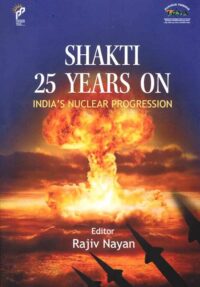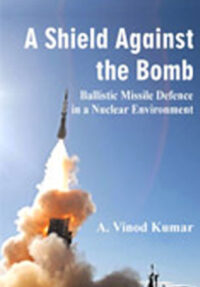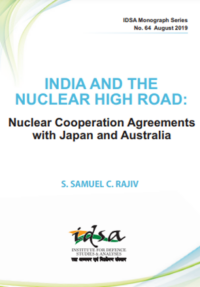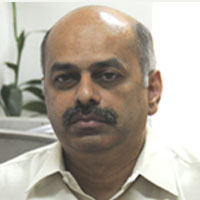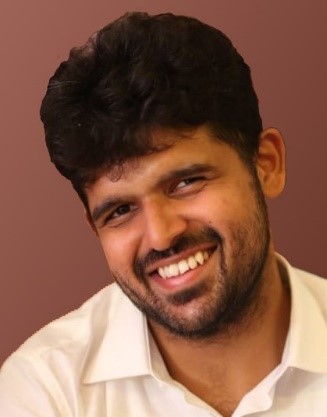Changing US Perspective on Terrorism
Every year the United States releases a report on global terrorist activities as required by its domestic law. The latest report is titled Country Reports on Terrorism and includes developments in countries in which acts of terrorism occurred as well as countries that are state sponsors of terrorism. It also provides information on terrorist groups responsible for the death, kidnapping, or injury of Americans. An analysis of these reports over the last few years reveals significant changes in the American perspective on terrorism over the years, especially with reference to Pakistan.
- Satinder K. Saini
- July 02, 2008


